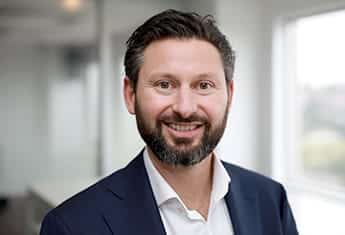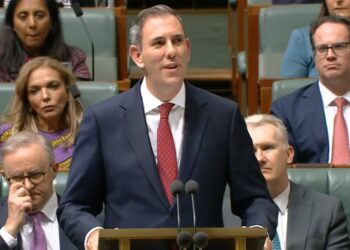For years, financial advisers have concentrated on refining their technical skills. However, as they transition into business ownership, there is a growing need to re-educate themselves on the nuances of business management, according to a new report by Forte Asset Solutions.
The report highlights the need for advisers to rethink their roles, moving from identifying as simply “financial planners” to embracing their identities as “business owners” whose core activity happens to be financial planning.
Recent data from Adviser Ratings revealed that privately owned Australian Financial Services (AFS) licensees with fewer than 10 staff now represent 81.5 per cent of all licensees.
And while this move to self-licensing offers benefits such as increased independence and autonomy away from large licensees, it also introduces new challenges. Advisers are now facing higher costs and greater management responsibilities as they take on the role of business owners.
Commenting on this, Forte Asset Solutions owner Steve Prendeville said: “The difference to five, 10 and 20 years ago is that now success is not determined by being the best adviser, it is now about be being the best manager of the business. We have focused on being the best technical practitioners but for the benefit of all stakeholders (clients, staff, family), we now need to re-educate ourselves as to how to be the best business owner.
“When asked what we do, we say, ‘I am a financial planner’ – the mindset should be, ‘I own and manage my own business’, which just happens to be financial planning.”
Businesses that thrive in this evolving advice marketplace will be those that can adeptly navigate a complex legislative environment, scale their operations, adapt to changes, and achieve profitability.
Current data from Adviser Ratings shows that the average profit margin across practices is 21 per cent, with 11 per cent of practices exceeding a 40 per cent profit margin.
“Success will be determined by who manages the business the best. No business, irrespective of size, is immune to the need to continually innovate and change,” Prendeville said.
Speaking on a recent ifa podcast, Eugene Ardino, CEO of Lifespan Financial Planning, discussed these challenges, emphasising that running a business demands a distinct set of skills compared to being an adviser.
“Whether you’re multi-adviser or single adviser looking to build your own licence and run it, unless you’ve done it before, get some help because there are many layers of complications there and it’s very different to being a practitioner,” he said.
“If you’re a good practitioner, it’ll be easier to run a licence because a lot of the job’s done if you’re giving quality advice that’s compliant, but there are more layers to it, a lot of reporting obligations, etcetera.”
To hear more from Ardino, click here.




great!